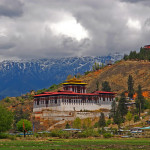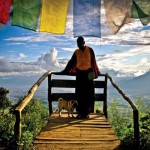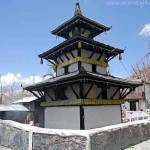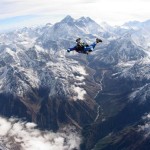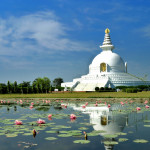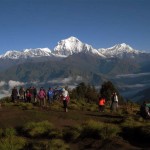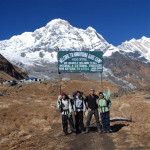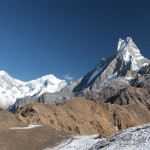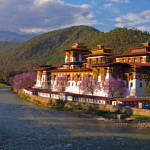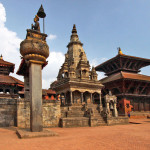Nepal is one of the most popular destinations in the world for the Adventure trekking, climbing and expeditions, and most of those areas are located in Remote part of Nepal in the Himalayas.
Nepal attract many travelers every year and thousands of people travel Nepal every year and being a great travel destination, many of us have questions about insurance:
Is Travel insurance compulsory to travel Nepal?, Is Travel insurance compulsory to do trekking, climbing or expedition in Nepal? or What should be covered on travel insurance policy?
Yes, defintately we recommend insurance when you are travelling to Nepal specially doing trekking, climbing and Expedition or any other adventure activities in Nepal so, it is vital that you need to have travel insurance however there are many types of travel insurance policies and they all come with an incredible amount of fine print so, you need to very clearly that what is covered and not covered on the policy that you are going to buy and we have given some idea about what should the insurance policy cover, so that you regret in last.
High Altitude Sickness:
Most of the trekking in Nepal including Everest Base Camp Trek, Annapurna Circuit Trek or any climbing and Expedition involved high mountain trek and there is always risk of high altitude sickness while you are on those treks or expeditions so, you need to ask your insurance company to provide the policy that cover High Altitude Sickness and you should know that where you are trekking or climbing and how high are the trekking routes are and the policy should cover the evacuation by the Helicopter in emergency. This could save your cost and life, which means win-win situation.
Accidents:
During adventure activities or in step ascending and descending no one wants to have accidents while they are on travel, however if it happens even we do not want, there is always risk of accidents on Nepal mountain trekking and climbing so, the policy should cover those accidents and when the emergency evacuation is needed.
Illness:
Sometimes Illness doesnot caught us with warning, and remote places like Nepal always have probability of illness as your body is usually not adapted to the food or hygiene levels, so, you need to make sure that your insurance policy covers in the case of illness while you trek and needed to evacuate for the further treatment.
Stolen, Lost or Delayed Baggage:
During your rust travel at airport, the arrival of your baggage is delay and you will not find it on your arrival at airports, or they can be lost some times and even stolen so, your travel insurance should cover on your these loss.
Other General subjects:
Flight cancellation and delay is common in Nepal. Nepal domestic flights mostly in the mountain parts such as Lukla while going for Everest Base Camp Trek or Jomsom and other mountain flights due to bad weather even by a day or 2 so, your travel insurance should cover the expenses raised by these delays or even some times we need to take private helicopter flights and it is not cheap in Nepal and the policy should cover these cost and if in case your travel to Nepal need to cancel cause of some reason that are beyond our control such as natural disaster or political unrest etc.. and your travel policy should cover your trip cost that you would have been already paid as well.
A travel-insurance policy to cover theft, loss and medical problems is an excellent idea for travel in Nepal. There are a wide variety of policies available, so check the small print carefully. Some policies exclude ‘dangerous activities’, which may include riding a motorbike and trekking .
Choose a policy that covers medical and emergency repatriation, including helicopter evacuation for trekkers and general medical evacuation to Bangkok or Delhi, specially for climbers or expedition.
You may prefer a policy that pays doctors or hospitals directly rather than you having to pay on the spot and claim later. In Nepal, most medical treatment must be paid for at the point of delivery. If your insurance company does not provide upfront payment, be sure to obtain a receipt so you can reclaim later. Some policies ask you to call back (reverse charges) to a centre in your home country where an immediate assessment of your problem is made.
